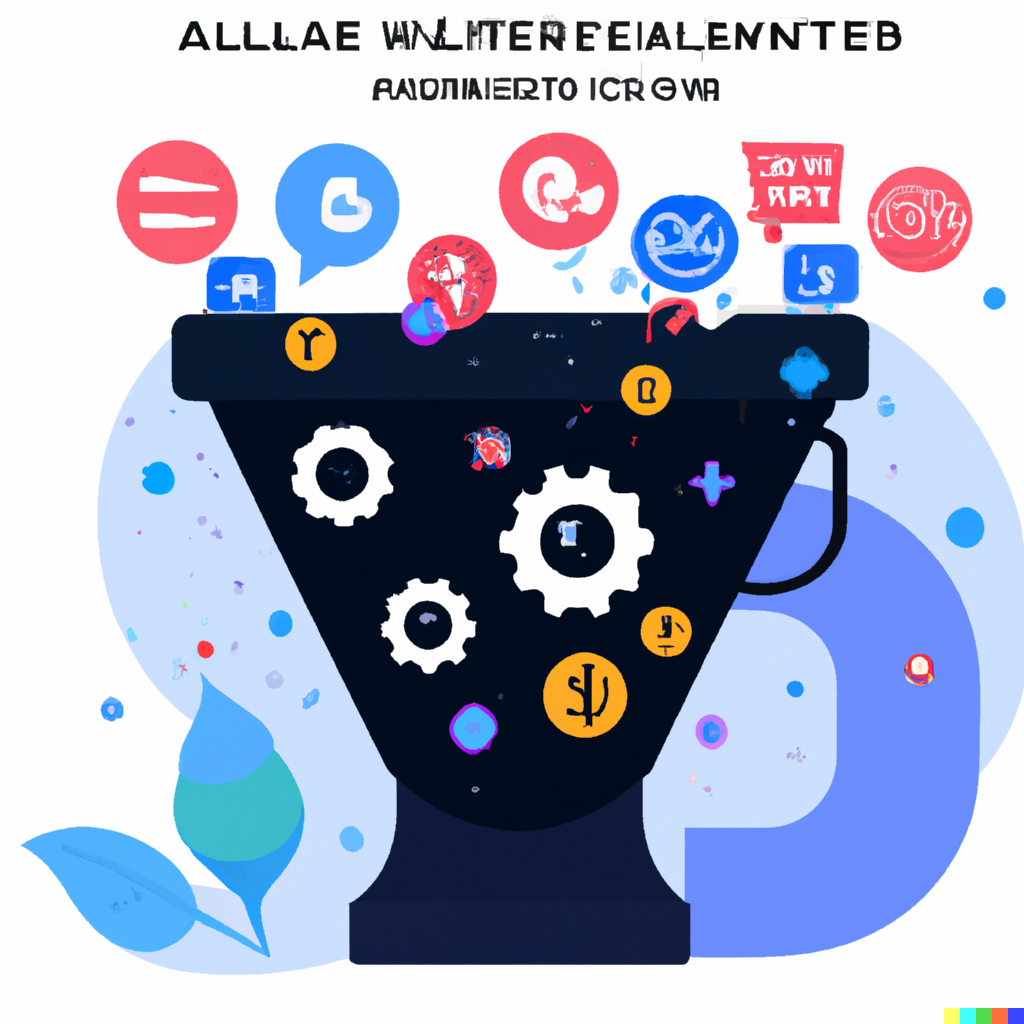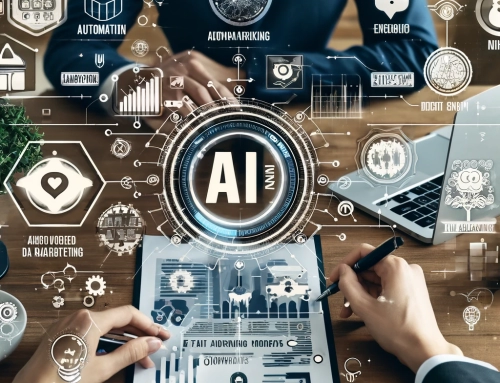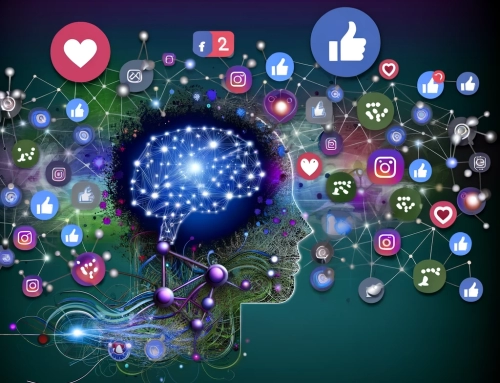Artificial Intelligence (AI) has the potential to revolutionize the way ecommerce businesses analyze and optimize their sales funnels. A sales funnel, also known as a marketing funnel, is a series of steps that a potential customer goes through before making a purchase. By using AI, ecommerce companies can gain valuable insights into customer behavior and preferences, as well as improve the overall effectiveness of their sales funnels.
One of the key ways that AI can be used in ecommerce funnel analytics is through the use of machine learning algorithms. These algorithms can analyze large amounts of data and identify patterns and trends that would be difficult or impossible for humans to detect. This can help ecommerce companies to better understand how customers interact with their website and what factors influence their purchasing decisions. For example, a machine learning algorithm might be able to identify that certain types of customers are more likely to abandon their shopping carts if they are required to create an account before making a purchase. Armed with this information, an ecommerce company could then make changes to their website, such as removing the account creation requirement, in order to reduce cart abandonment and increase sales.
Another important application of AI in ecommerce funnel analytics is natural language processing (NLP). NLP can be used to analyze customer feedback and reviews in order to gain insights into customer satisfaction and preferences. For example, an NLP algorithm might be able to identify that customers who leave positive reviews often mention specific product features or benefits. Armed with this information, an ecommerce company could then focus on promoting these features in order to attract more customers and increase sales.
AI can also be used to personalize the customer experience. By analyzing customer data and behavior, AI can help to create more personalized and relevant recommendations for customers. For example, a machine learning algorithm might be able to identify that a particular customer is interested in outdoor activities and suggest relevant products such as camping gear or outdoor clothing. Personalization can also be used to optimize the customer journey throughout the sales funnel, such as showing different offers or promotions to different groups of customers based on their browsing and purchase history.
AI can also be used to automate and optimize various aspects of the ecommerce business. For example, AI-powered chatbots can be used to provide customer service and answer frequently asked questions. This can help to reduce the workload for customer service representatives and improve the customer experience by providing quick and accurate responses. Additionally, AI-powered pricing algorithms can be used to optimize prices in real-time based on factors such as supply and demand, competition, and customer behavior.
However, it’s important to note that AI is not a magic solution that can solve all ecommerce problems. In order to be effective, AI must be used in conjunction with other strategies and technologies. Also, the implementation of AI in ecommerce can be costly and requires a significant amount of time and resources. Additionally, AI models may not be perfect and can sometimes make mistakes or produce biased results. Therefore, it’s important to constantly monitor and evaluate the results of AI-powered ecommerce strategies in order to ensure they are meeting the desired goals.
In conclusion, AI has the potential to significantly improve ecommerce funnel analytics by providing valuable insights into customer behavior and preferences, personalizing the customer experience, and automating and optimizing various aspects of the business. However, it’s important to keep in mind that AI is not a one-size-fits-all solution and must be used in conjunction with other strategies and technologies in order to be effective.









